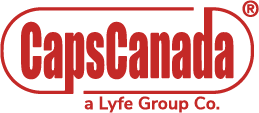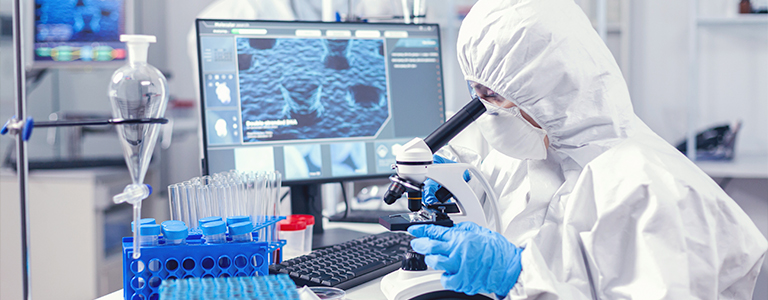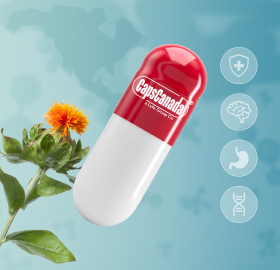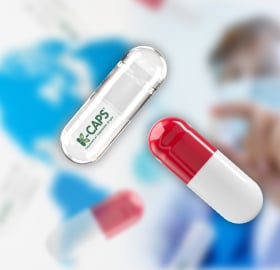The new year ahead brings new challenges for the pharmaceutical industry such as the rise in gas and energy prices in Asia and Europe combined with the limited availability of raw materials. In 2021, these problems started to affect the dynamics of the supply chain and it is expected that they will continue to impact manufacturers, providers, among others, during 2022.
According to CPhI and Baxter’s annual projections inform, many companies in the industry are currently discussing ways to secure supply chain capabilities and make raw materials and sourcing more sustainable. The experts consulted by these companies assure that “pharma companies will have a simple choice to make in 2022: to innovate or renovate”.
From the supply chain perspective, 2021 began with a sharp increase in transportation costs and poor schedule compliance due to global trade imbalances. On the other hand, rising upstream prices for petrochemicals and basic chemicals, as well as soaring gas and energy prices in Asia and Europe, have led to inflation in prices and unexpected situations, primarily from the second quarter of the year. Many intermediate products were more expensive and had availability issues.
Supply Stability: One of the Main Concerns
The CPhI study suggests that the EU market for generics needs to be reformed to improve supply stability. Generic drug cost reduction measures and procurement policies do not encourage investment in manufacturing and supply chain resilience in Europe. This issue is recognized by the EU and measures must be taken regarding the actual demands of the payer to promote the safety of supply standards beyond the minimum price; this way, it is more probable to have multiple winners in bidding and encourage companies to invest in a green transition.
On the other hand, to attain the stability of the supply chain, the trends indicate that there is a shift towards getting more local providers.
Green Transition Requires Certified Suppliers
The goal of sustainable sourcing is to improve the ethical, ecological, and social performance of our suppliers and ultimately reduce all adverse effects in our supply chain.
Given that the supply chain needs to apply sustainability in its processes, you should keep in mind that certifications will be a key factor. So, you must assure that your formula and its delivery method have the key certifications to guarantee safety and green standards (such as vegan and Halal) and social responsibility (such as fair trade and FairTSA).
From the standpoints of safety, and availability, pharmaceutical producers must also consider where this supplier receives their raw ingredients. CapsCanada, as a provider for the pharmaceutical industry, has developed different technologies that seek sustainability without compromising the quality of your formula and provides customers with all the safety standards and certifications.
Telehealth: A Trend That Keeps Increasing
The pandemic helped to accelerate the adoption of telemedicine, as more than half of insurers around the world provide telemedicine for all rates, with the potential cost savings that virtual care can bring.
The US telemedicine market is projected to reach $ 2.8 billion by 2022, according to a new report from Grand View Research Inc. Improving access to primary health care is a major goal of telemedicine, along with improved health quality and patient safety through early detection and diagnosis.
Clinical Trials: The Developing of Formulations Keeps Changing
Meanwhile, on-site monitoring programs have moved to the Internet, clinical trial capsules have been shipped directly to patients, and the process continues to evolve to reduce exposure to both researchers and patients.
While there are still issues associated with COVID-19 infection, it is premature to succeed with new testing methods, but there is hope for safety and efficacy. This new information opens the door to new long-term clinical research.
Keep learning about capsule technology trends...
- Are Liquid Filled Capsules the Right Delivery Method for Your Formula?
- Vitamin and Supplements Trends
- Clinical Trial Capsules: 4 Key Features to Look For
Worldwide Health Care Spending Projections
According to Willis Tower Watson, the average health care trend in the United States is projected to reach 7.6% in 2022. However, volatility will be more pronounced at the national level due to uncertainty about the sustained impact of COVID-19, which is expected to continue until 2022.















